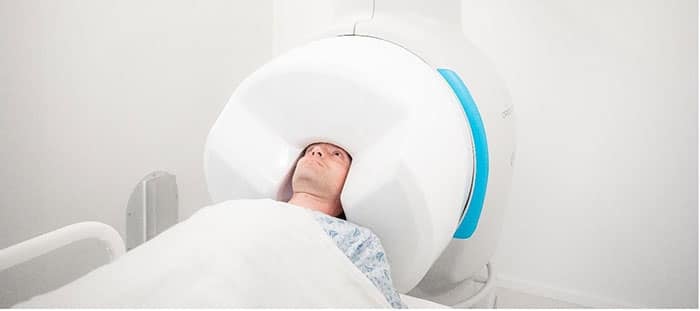Compumedics Limited (ASX: CMP) has confirmed the signing of two new MEG contracts in Asia to Tsinghua and Tianjin Universities in China. The sales are via Compumedics’ long-term Chinese distributor for the company’s brain research technology.

The MEG systems, along with a host of peripherals including simultaneous EEG, stimulators, computers, and CURRY neuroimaging software, will ship to both Tsinghua and Tianjin Universities in FY25, due to the lead times associated with production of the MEG systems. One order is for two single-helmet MEG systems, and the other is for a dual-helmet MEG system. Both will be configured for hyperscanning (measurement of two subjects simultaneously to study their interaction). Compumedics expects to receive deposits this week securing the two new orders, with funds tied to shipment and installation due later in FY24 and then through FY25.
The new MEG contracts further establish Compumedics in the large and fast-growing Chinese neurosciences marketplace. Both universities’ selection of Compumedics was the result of a thorough technical review of all available MEG systems from multiple vendors.
Compumedics continues to achieve significant milestones in its continual development of the Orion LifeSpan MEG. These include high-quality paediatric recordings, simulated hyperscanning from both MEG sensor arrays and powerful analysis capability via the newly released CURRY 9.
MEG is a functional neuroimaging technique for mapping brain activity by recording magnetic fields produced by electrical currents occurring naturally in the brain using very sensitive detectors. Compumedics has revolutionised MEG with the Orion LifeSpan’s increased precision coupled with fully integrated CURRY brain analysis software.
At the heart of the Orion LifeSpan are MEG sensors based on Double Relaxation Oscillation Superconducting Quantum Interference Devices (DROS SQUIDs), which are patented and exclusive. They are significantly more accurate than conventional MEG sensors.
Additionally, a unique dual-helmet Dewar enables accurate measurements from adult and paediatric populations, along with hyperscanning. This includes a sensors-in-vacuum cooling system for more sensitive measurements. The dewar is coupled to a virtual 100% coolant recycling system with continuous operation. No refilling of helium is required and 24/7 operation is possible.
We are delighted to announce these new contracts following the ongoing installation of the first Orion LifeSpan MEG system in China,” Gordon Haid, Compumedics Global Neuro-Imaging Business Director, said.
“We continue to view China as an important and large source of opportunities for MEG scientific research which is currently underutilised in the country. The endorsement of now three universities serves as another significant step forward on our shared mission to advance understanding of the human brain. The universities highlighted hyperscanning capability, optimised simultaneous MEG/EEG and the flexible sensor helmet/subject position options as significant benefits of the Orion MEG design.”




